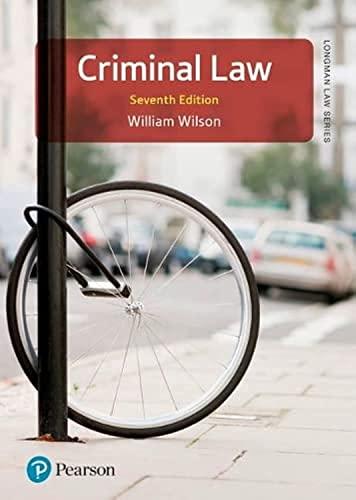
Question ---Assess the moral permissibility of the judge's conduct using the three major ethical perspectives. (A judge's Relations )
client versus ng every fil- involved to either the client or society? society? Is there a moral obligation urcharge. 37 The general rule of confidentiality in the attorney The judge was also charged with forcing kisses on two as returned, ADAs, repeatedly asking female prosecutors for dates and deposits in client relationship states that "a lawyer may reveal sur e recycling confidences or secrets to the extent the lawyer reason commenting on their appearances. But these charges were ably believes necessary to prevent the client from com parate from the judge's challenge of his having consen- On mitting a crime." Most states do not distinguish serious sual sex with a court reporter in his chambers. obtain often secreti ufacturers from nonserious crimes, and it is easy for an attorney to . Assess the moral permissiblety of the judge's conduct using the three major ethical perspectives . are in te sold in ssed, this justify nondisclosure on grounds that disclosure is "un peopl ethical."40 This conclusion is possible by claiming that $1. the attorney is an advocate for the client, so loyalty lies 1-4 The Duke Lacrosse Case activi rlier ban with the client. It might be argued that it is sometimes g smok- difficult to distinguish vague criminal threats from ac- The attorney general of North Carolina dismissed all charges against three Duke University lacrosse players s on the tual criminal plans. This can also be seen as an extension who had been charged a year earlier with raping a stripper ngs, and of the legal rule that strangers have no obligation to aid at a party attended by team members. The attorney general urce of someone in distress. There are practical reasons for confidentiality, the most publicly rebuked Michael B. Nifong, the district attorney of crease. ned for important of which is that clients might withhold impor- Durham County, as a "rogue prosecutor" and said the cases were "the result of a tragic rush to accuse and a failure to in un- tant facts if they were not certain that their attorneys won't verify serious allegations." disclose them to third parties. New Jersey is one of the ten The case had received tremendous national publicity upport states that require attorneys to disclose a client's stated and, early on, an assumption was made regarding the cul- mok- intention to commit a homicide or other serious violent pability of the lacrosse players, which was fueled by the also crime. A survey there found that about 9 percent of 786 prosecutor who gave approximately 70 media interviews. attorneys responding had encountered at least one situation When the case was showing signs of weakness due to fail - s and arette in which they believed their clients were going to commit ure of any DNA match and problems in corroborating the such serious crimes, but only half of the attorneys disclosed victim's version of events, the charges were not dropped that information to others.* Therefore, it appears that even until defense attorneys publicized the lack of evidence and mis- the requirement of disclosure of planned crimes does not the attorney general took over the case. The case was als guarantee the attorney will do so. However, when a client punctuated by Nifong's reelection as district attorney du ker? discloses to his or her attorney the intention to commit a ing these events. crime, can the attorney be viewed as an accomplice once Nifong was charged with an ethics violation for faili the crime is committed? in his legal obligation to reveal favorable, exculpatory dence to the defense. The North Carolina State Bar accu . Do attorneys have a moral obligation, beyond that stat- Nifong of illegally withholding DNA evidence favor ed in the law, to protect others from what they believe to the defendants, lying to a bar committee examining by to be a planned crime? conduct, and making false statements about evidence at e enote systematically abusing "prosecutorial discretion,"43 N e 7-3 A Judge's Relations was disbarred in 2007. guinreal A judge in Chicago was charged with violating ethics . Assume that Nifong had a strong belief that the rules for having sex in his chambers with a court reporter. dants were guilty. How does this affect the mo missibility of his conduct? Apparently, a physical relationship took place in the office, and the judge and court reporter had sex on mul- tiple occasions during workdays. The judge argued in his 7-5 Criminals Testifying for the Prosec defense that there is no rule specifying that consensual The use of criminals as informants to testify agai relations with another adult in the privacy of his chambers suspects in exchange for leniency is fraught with are prohibited. one hand, informants might be untruthful in ord It was charged that the sexual relationship with the the prosecution what it wants in their testimony court reporter "created an atmosphere of impropriety and by insure leniency in their own cases. "Their te is not in keeping with the dignity of a judicial officer," essentially bought and paid for," said John Wes although no state rule has been found that addresses or pro- president of the National Association of Crimi Lawyers. hibits consensual sex by a judge in his office. 42








